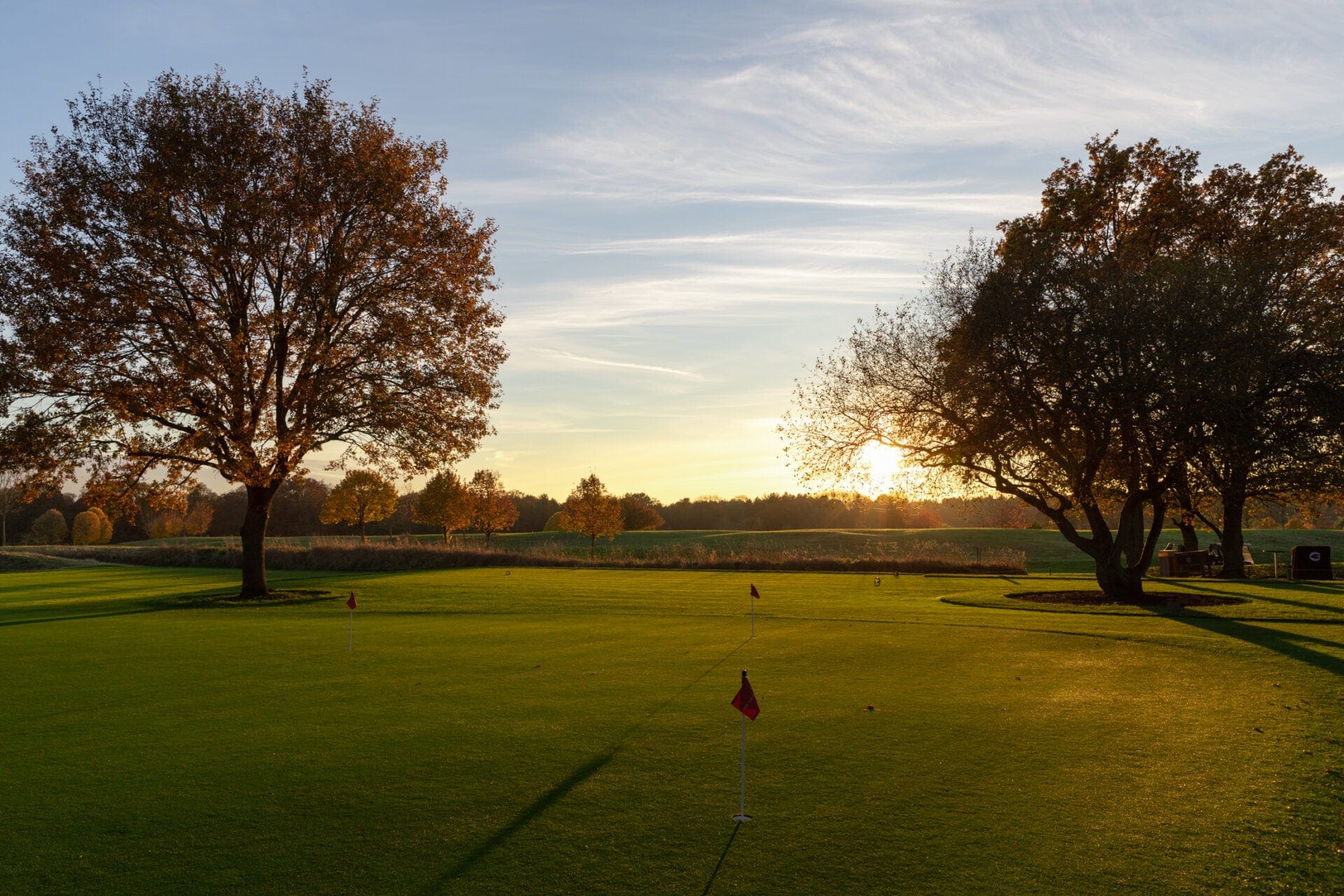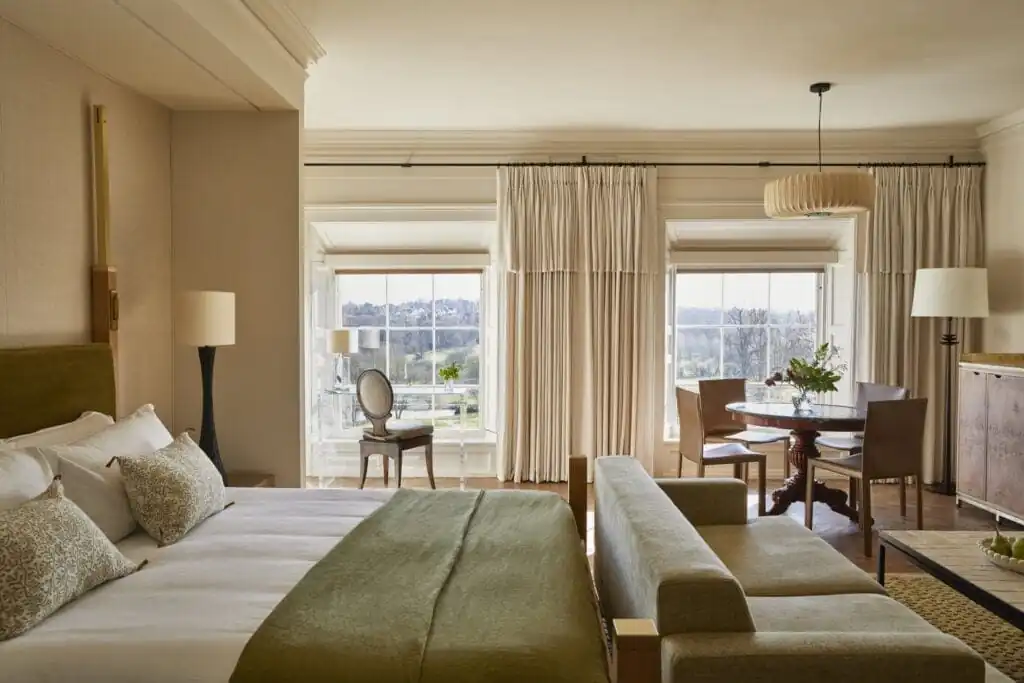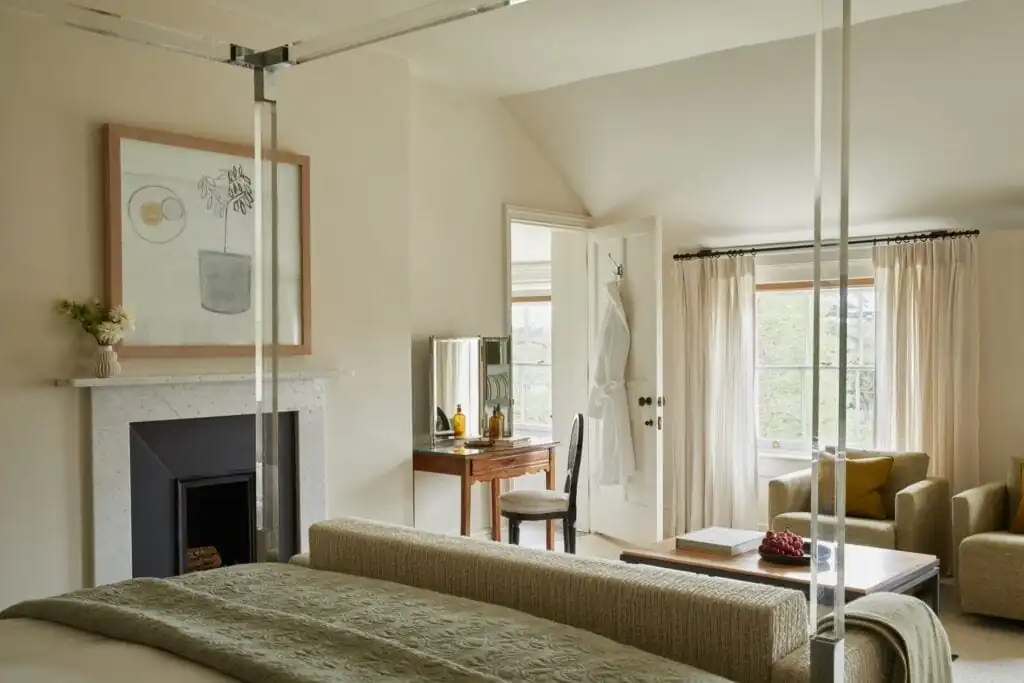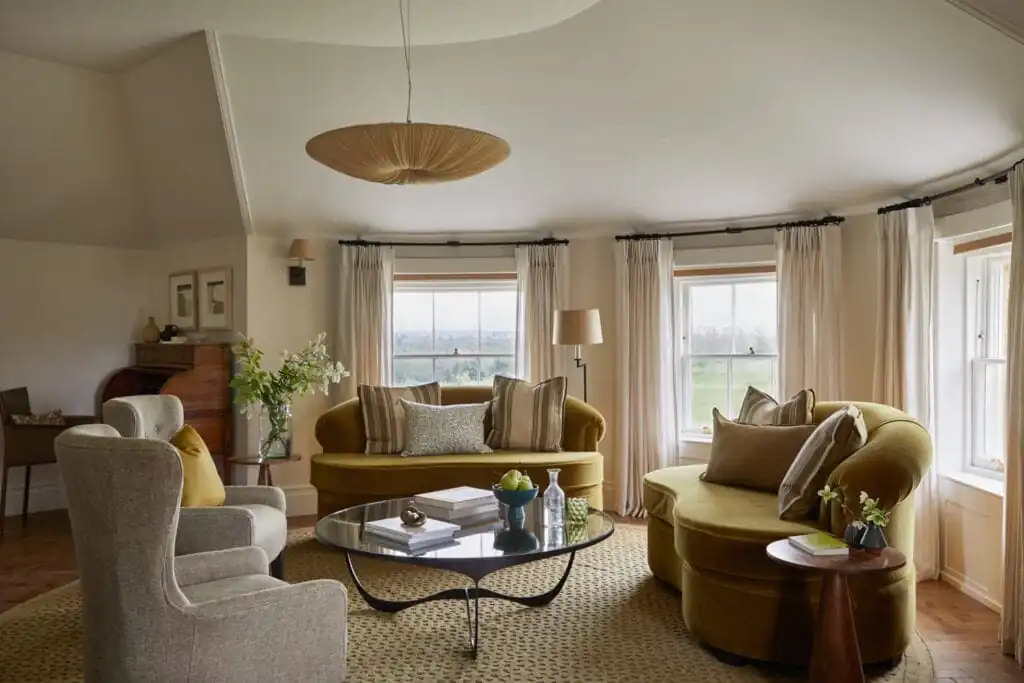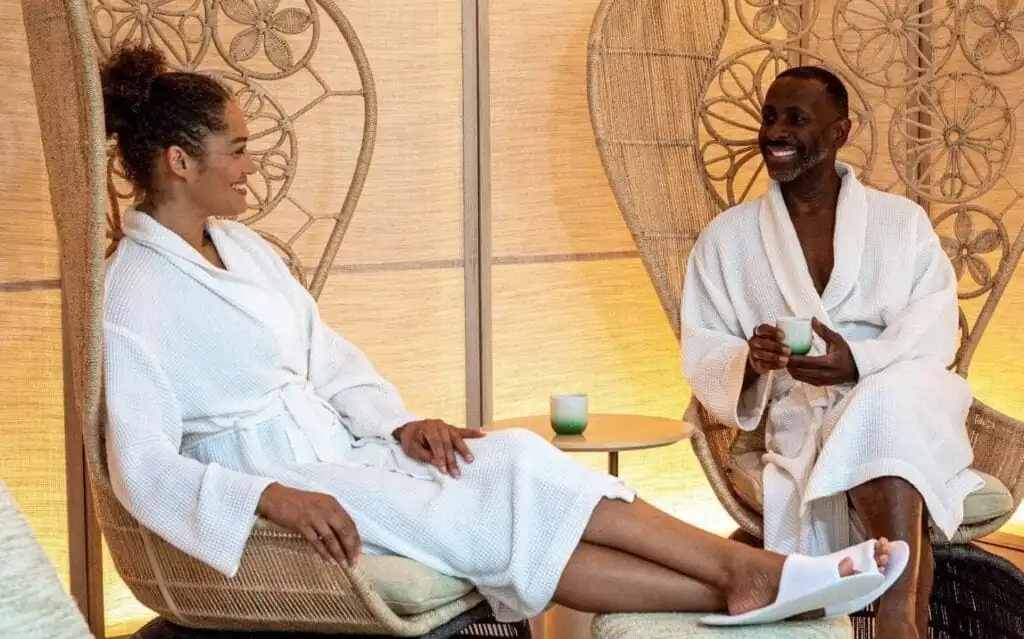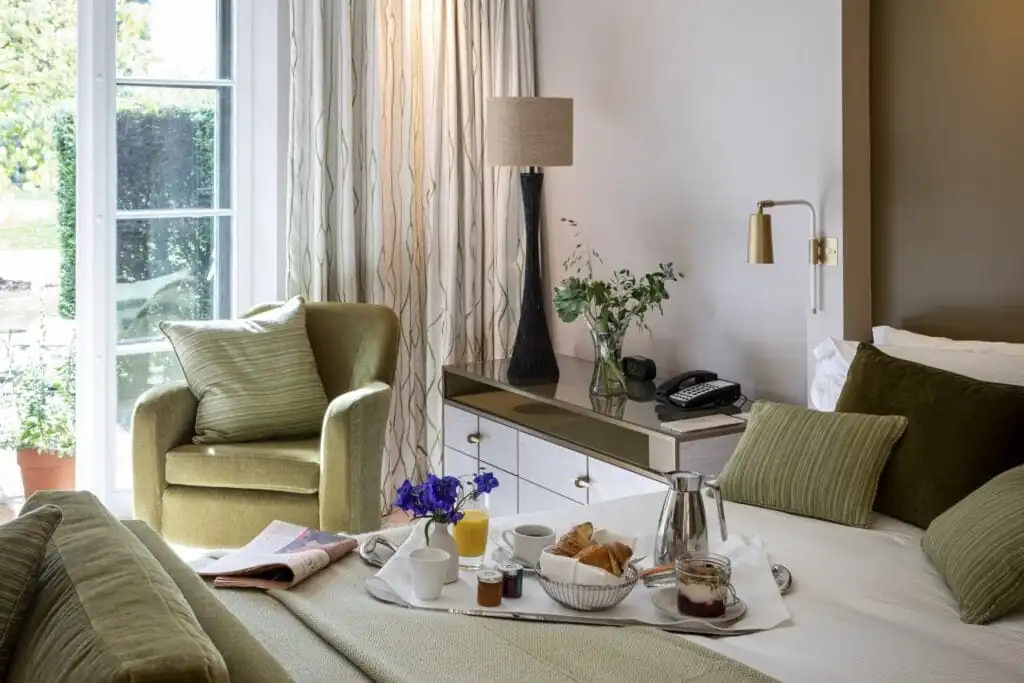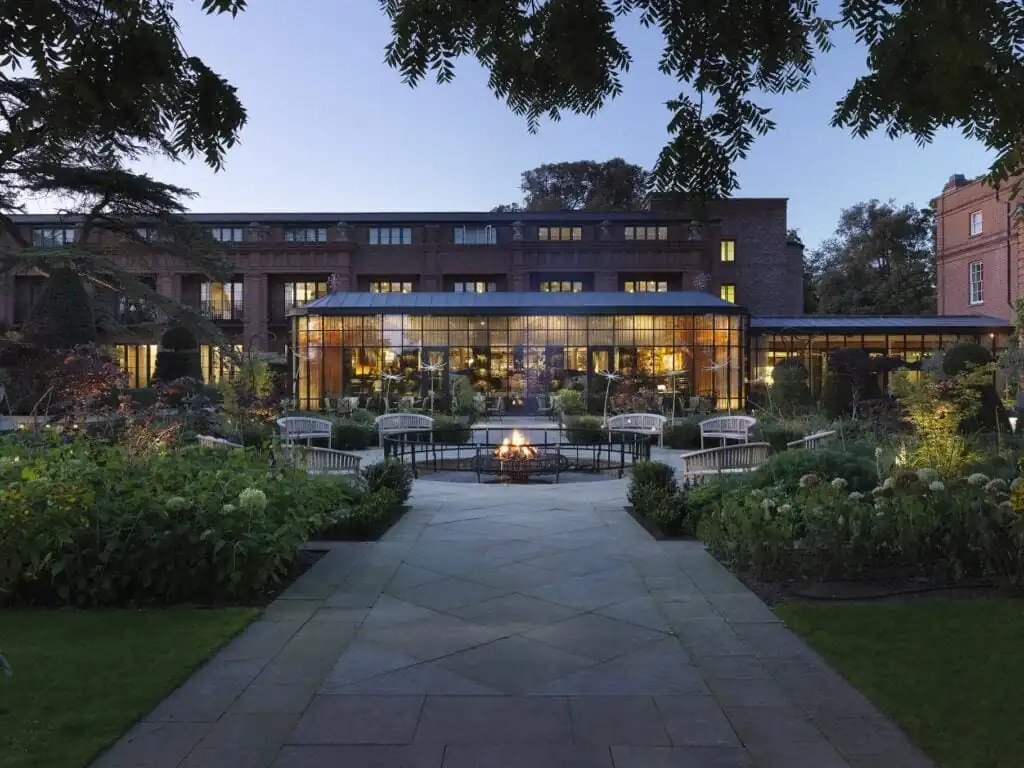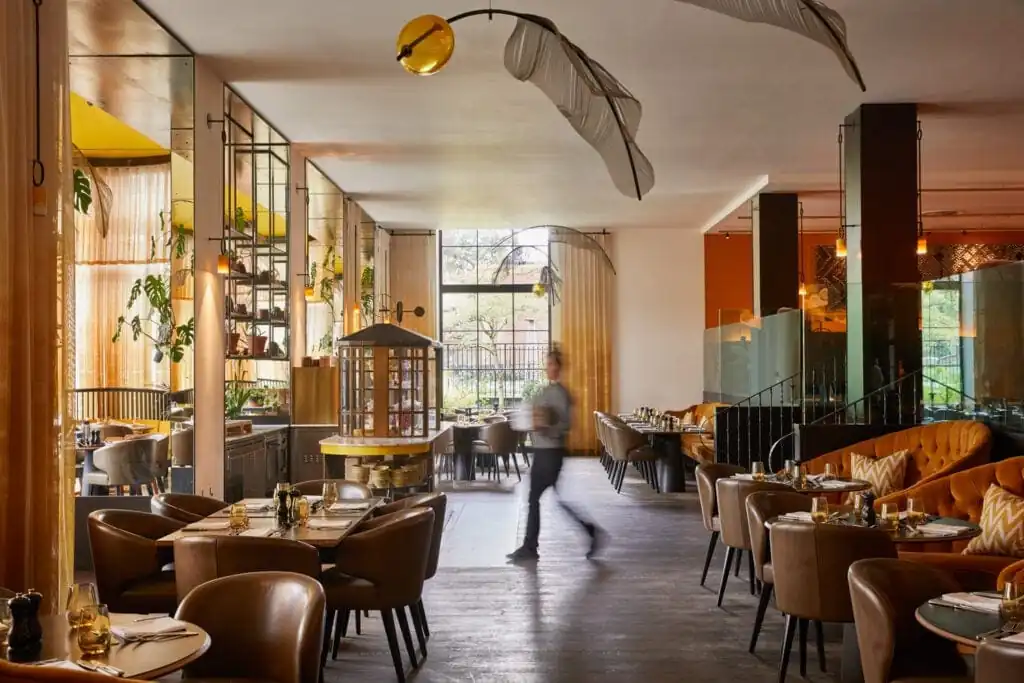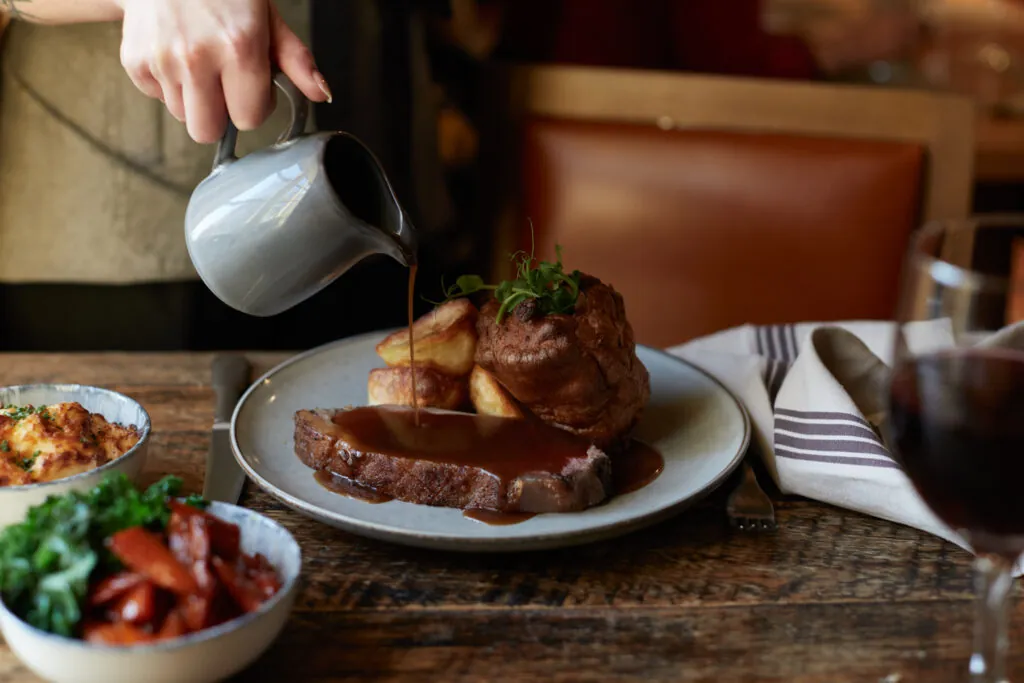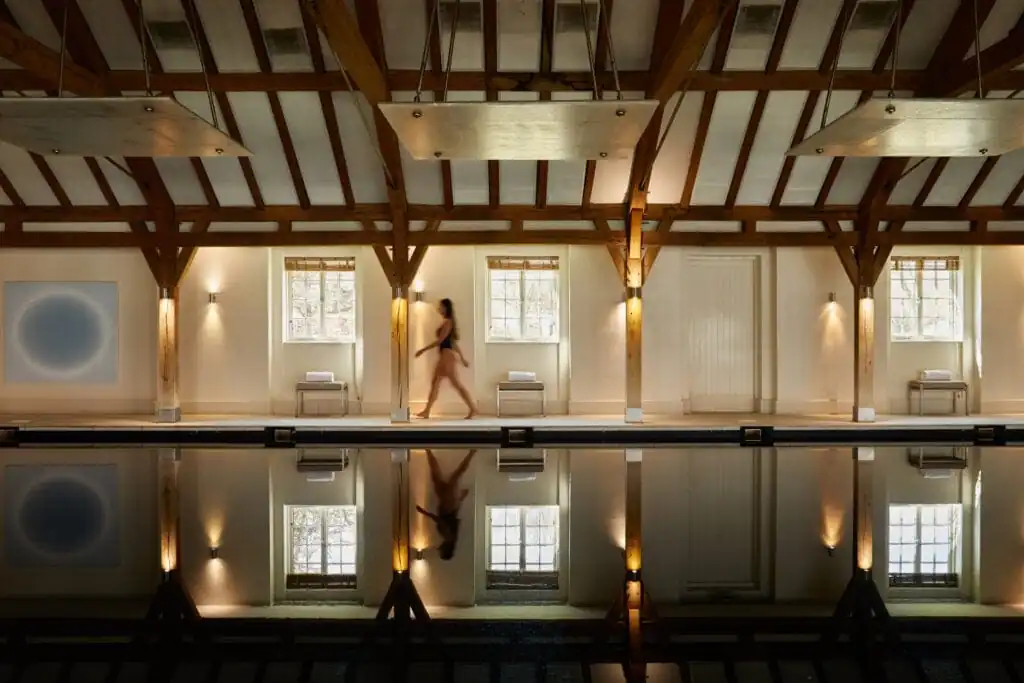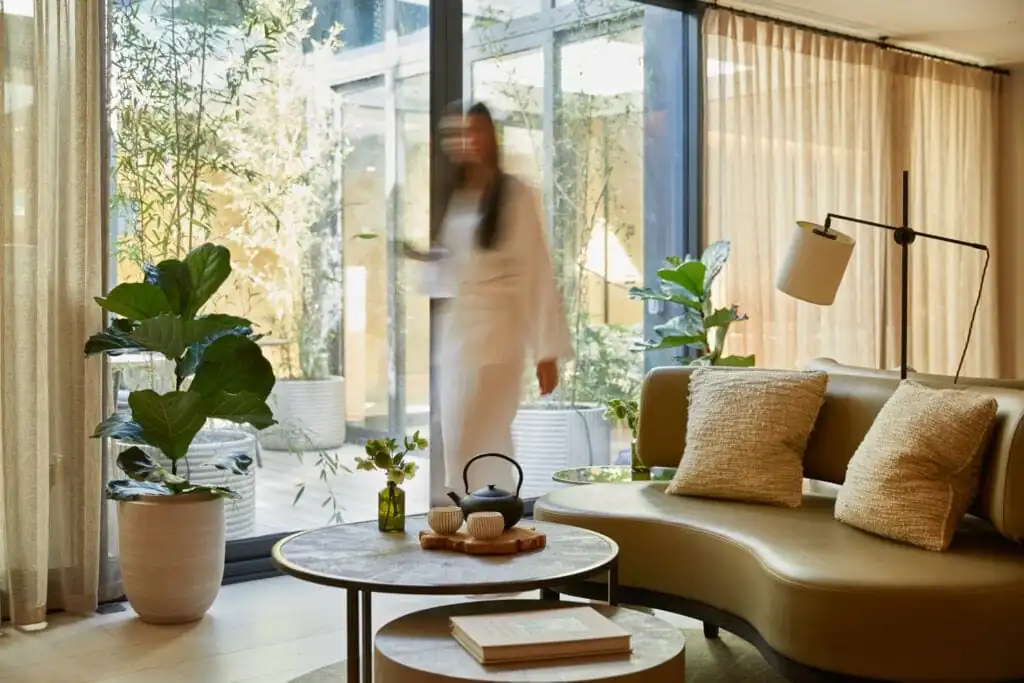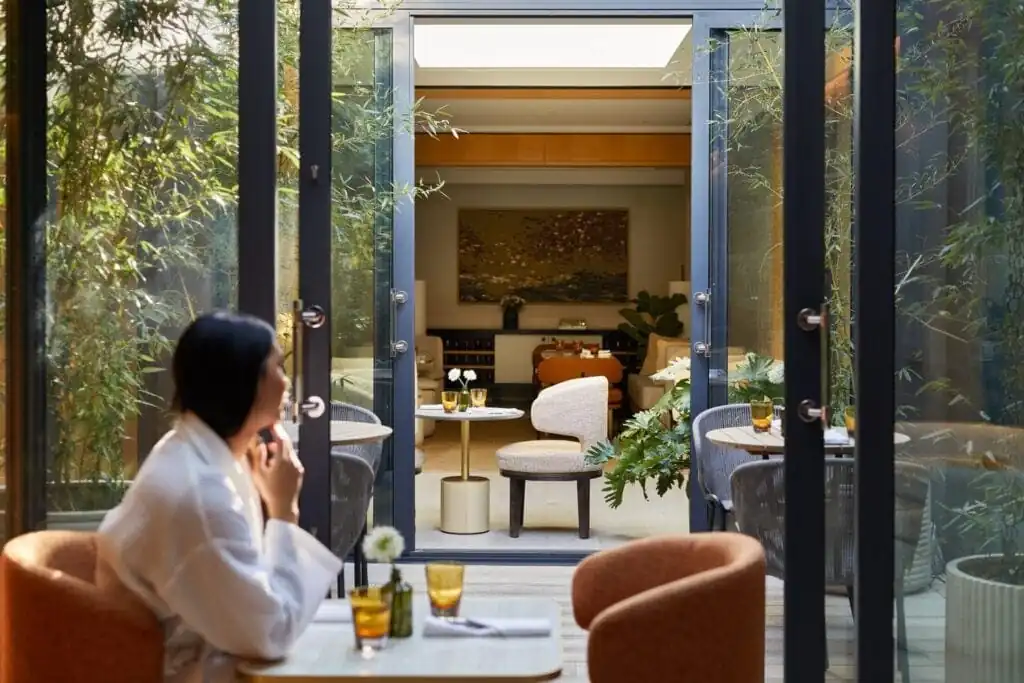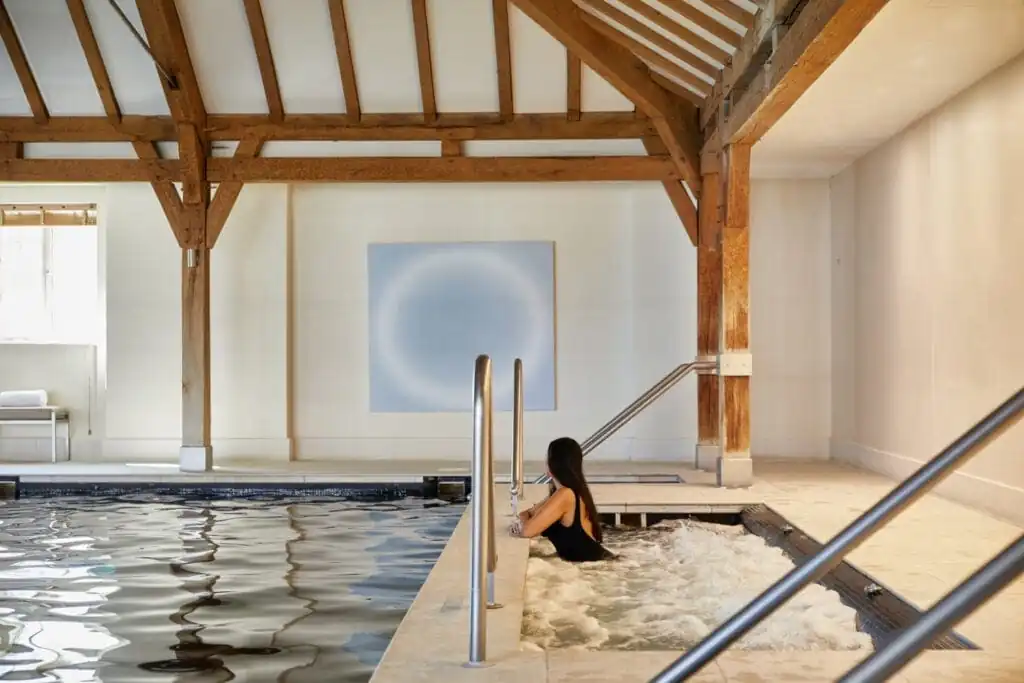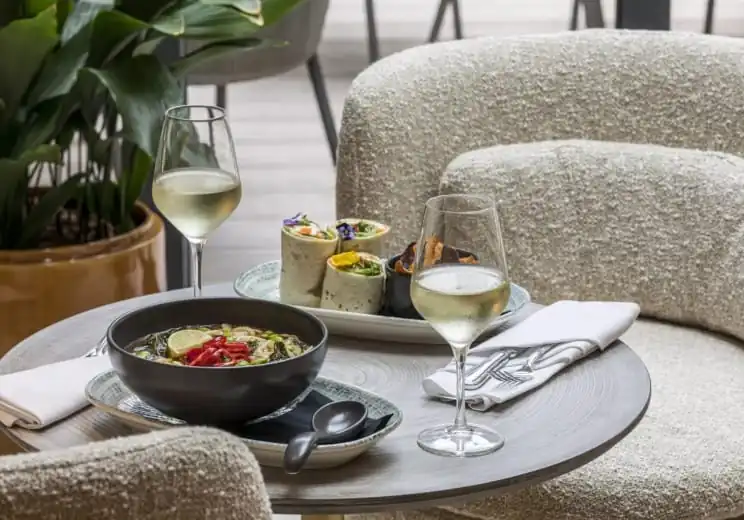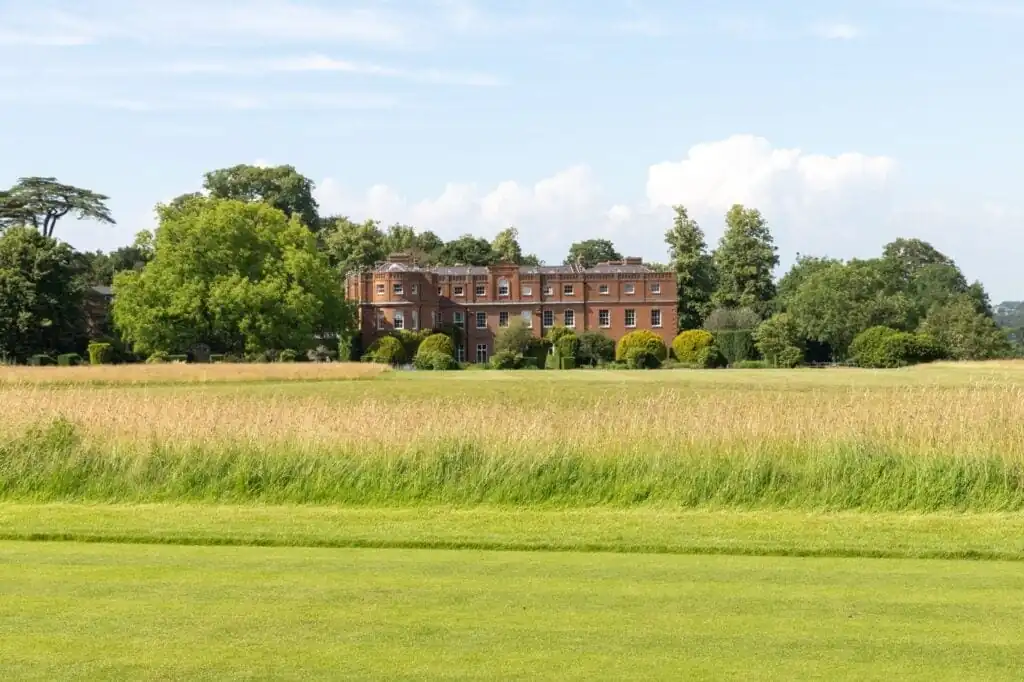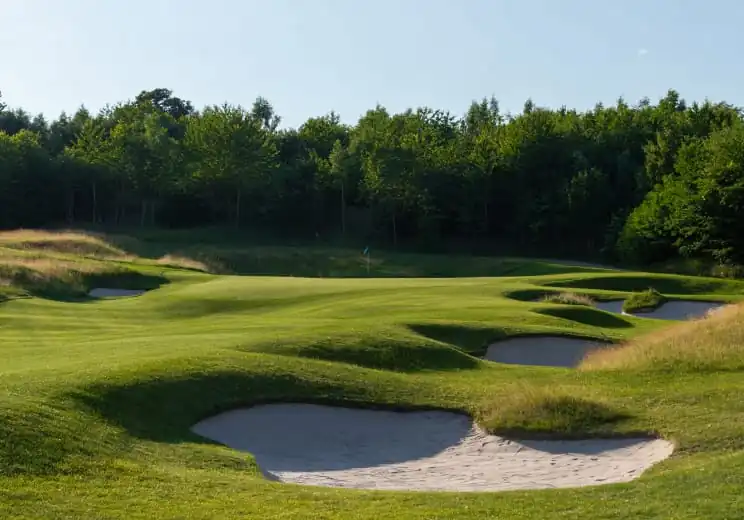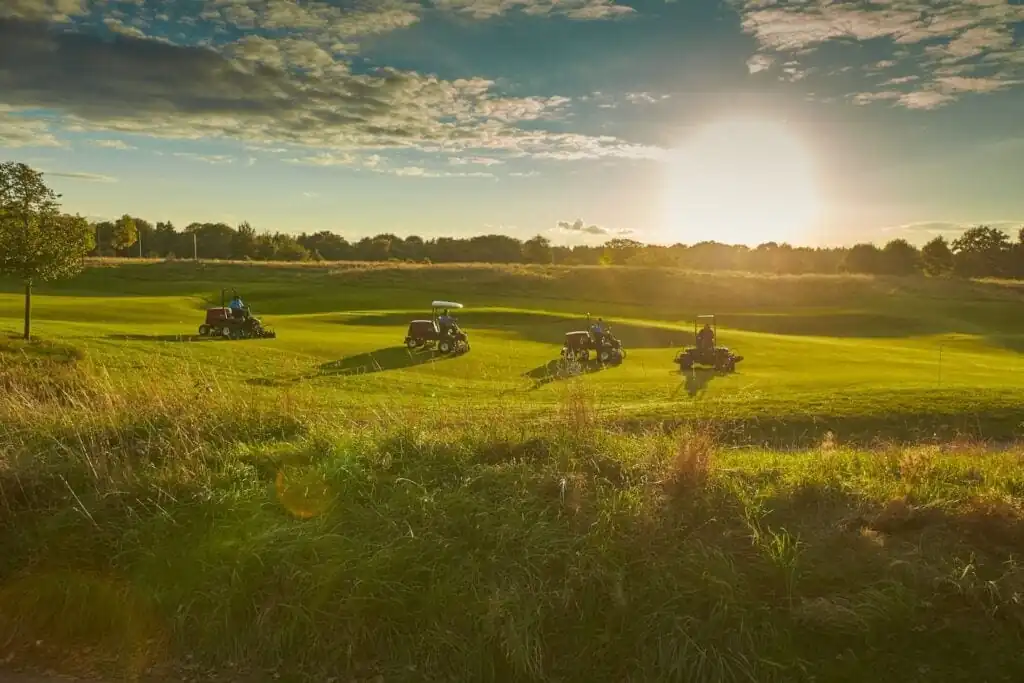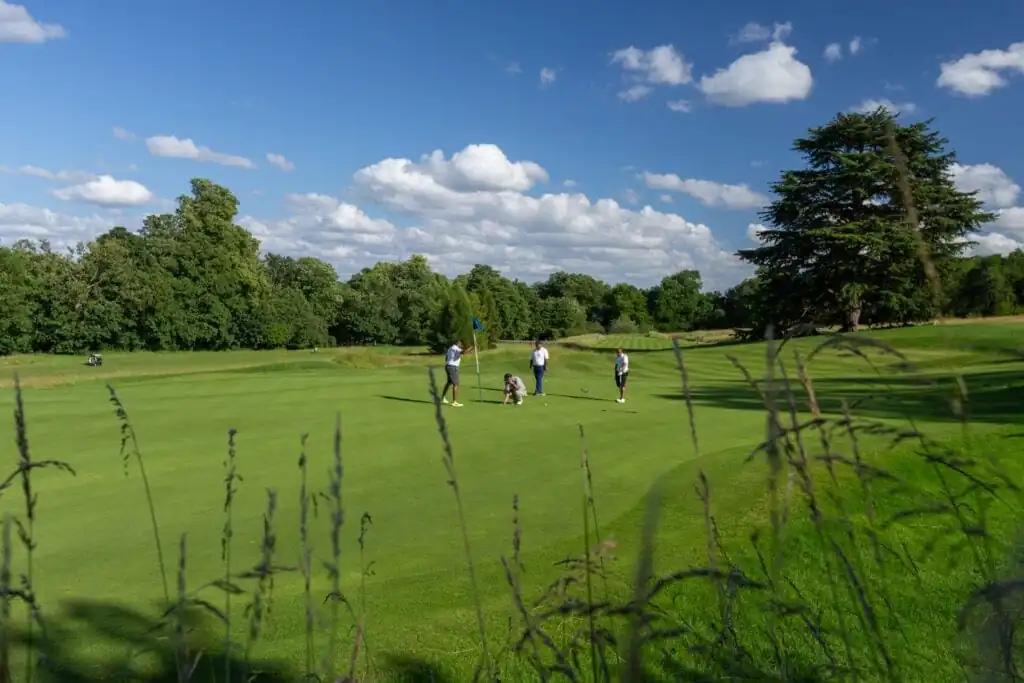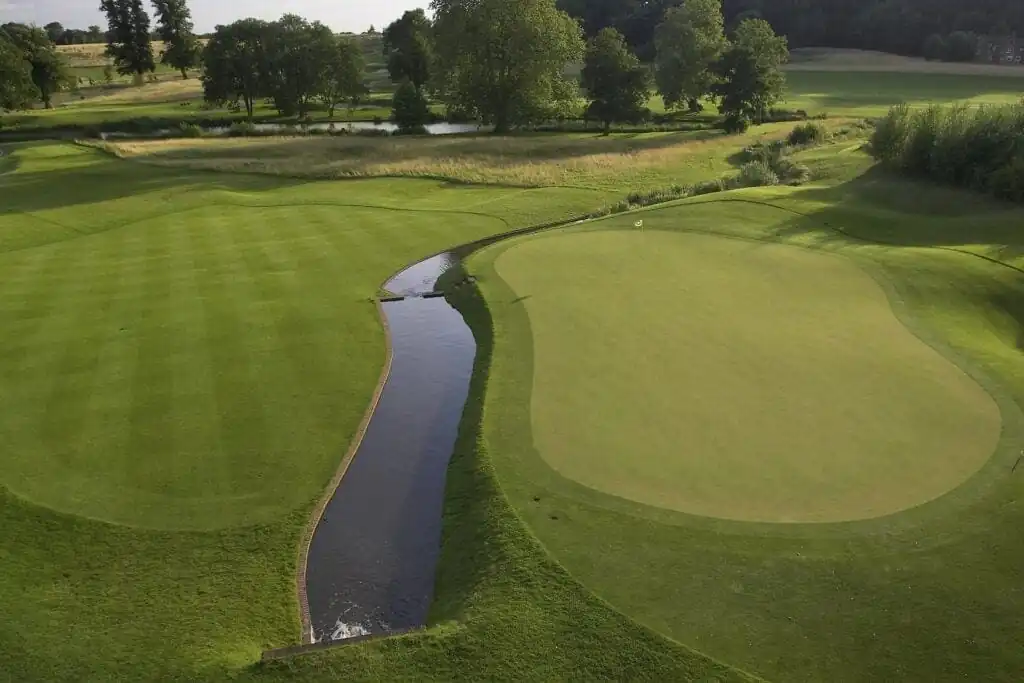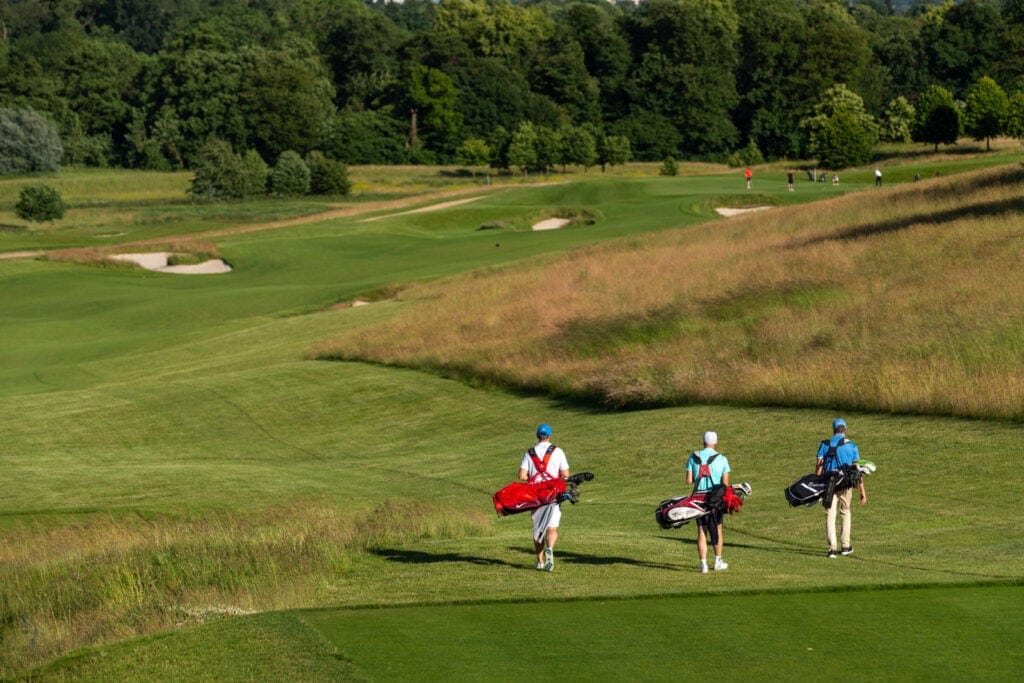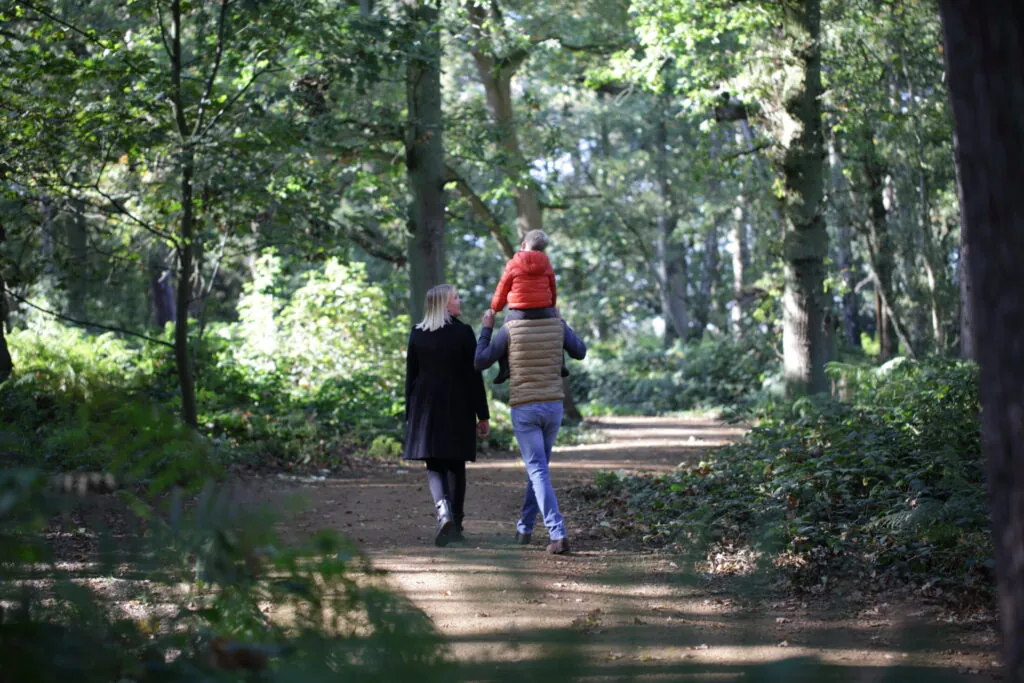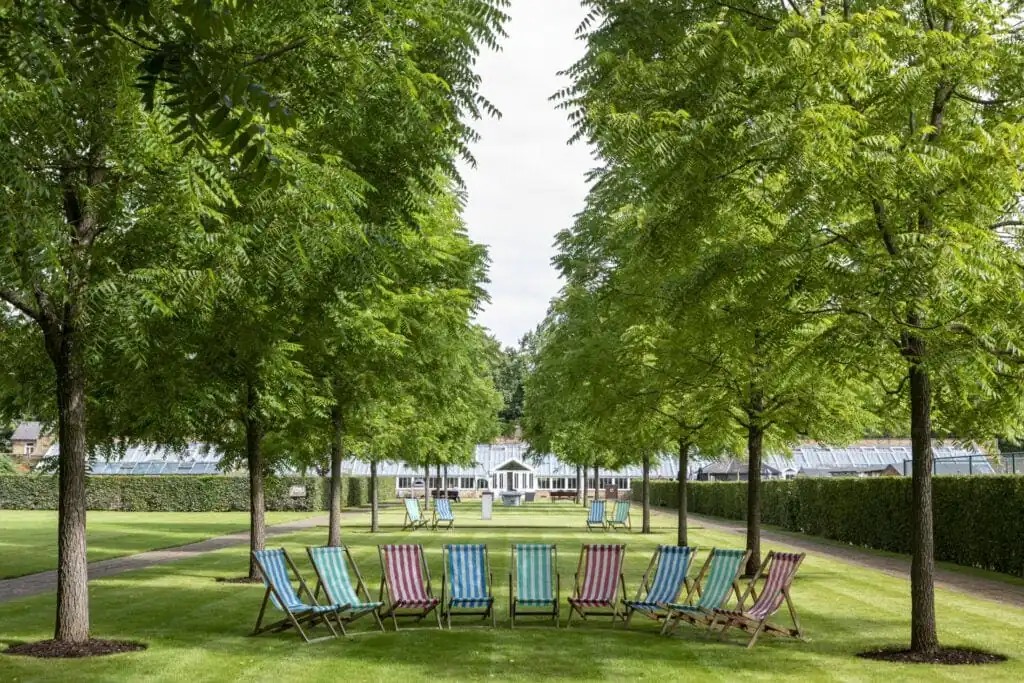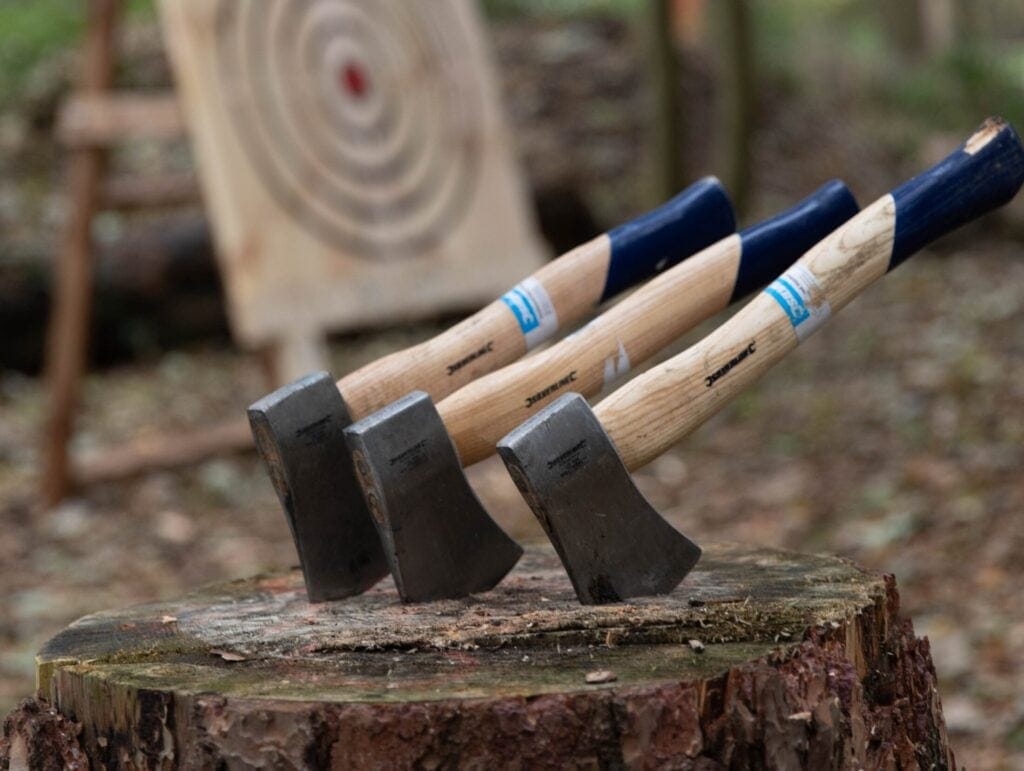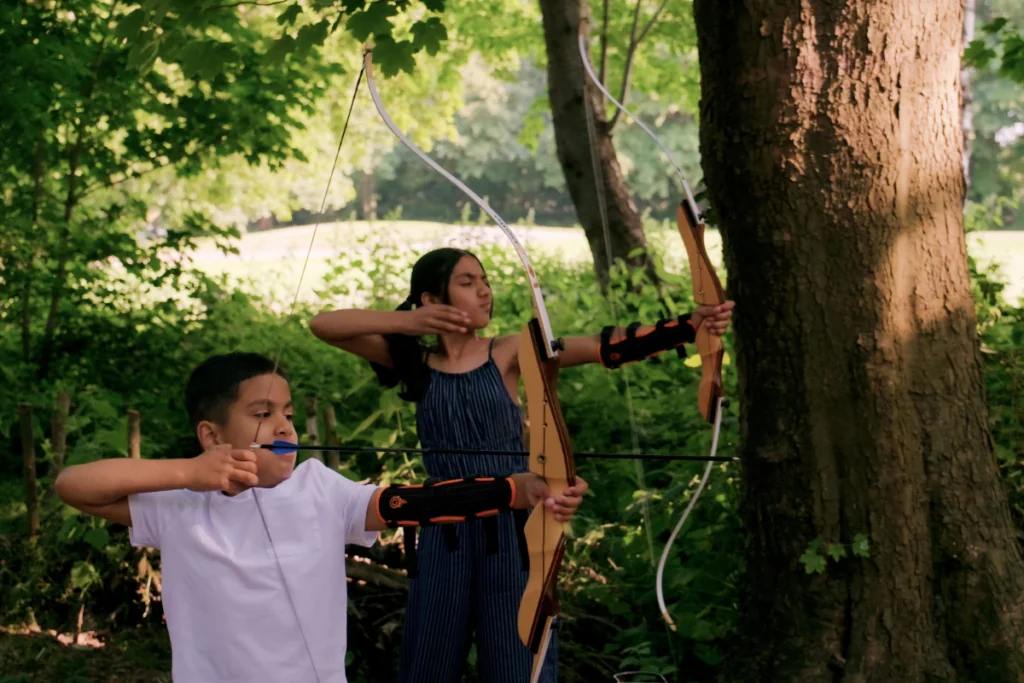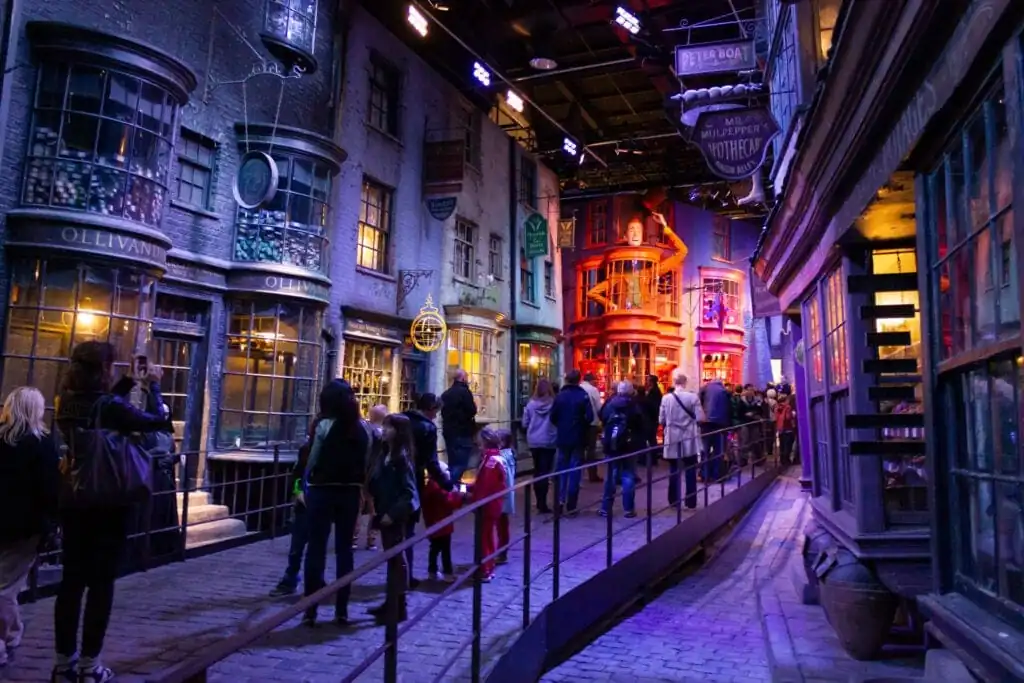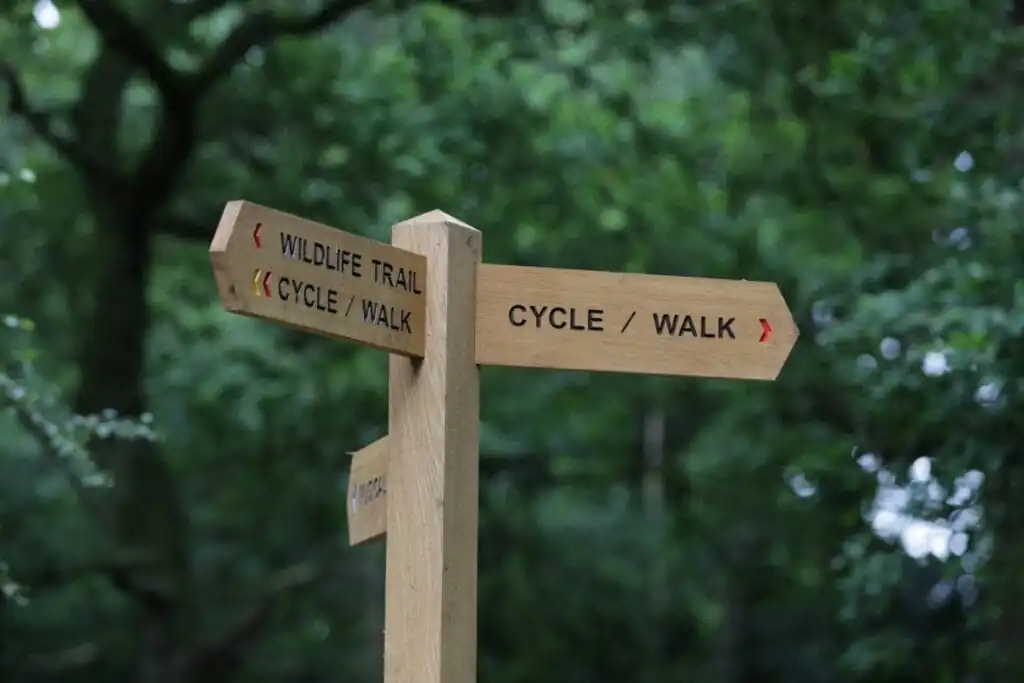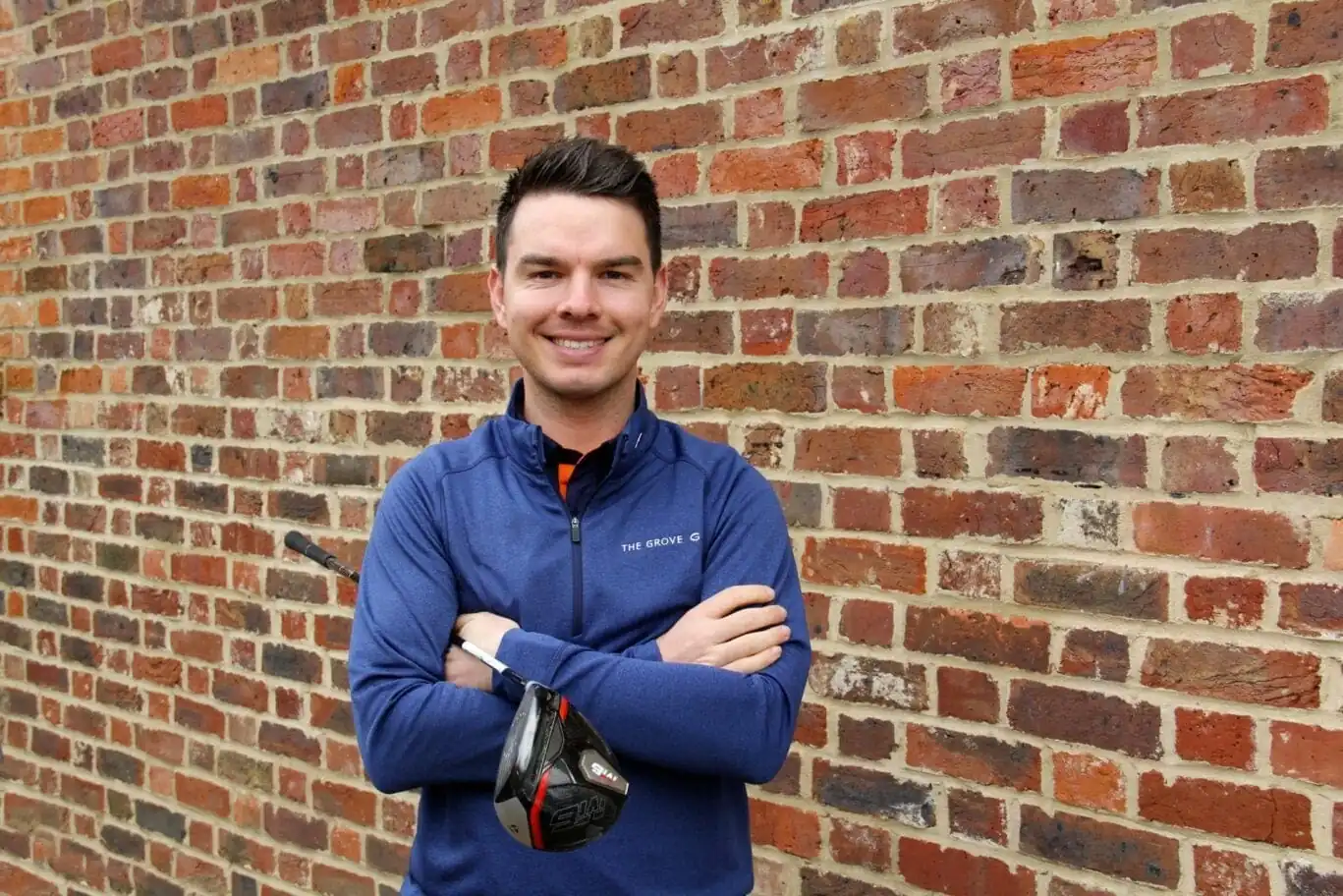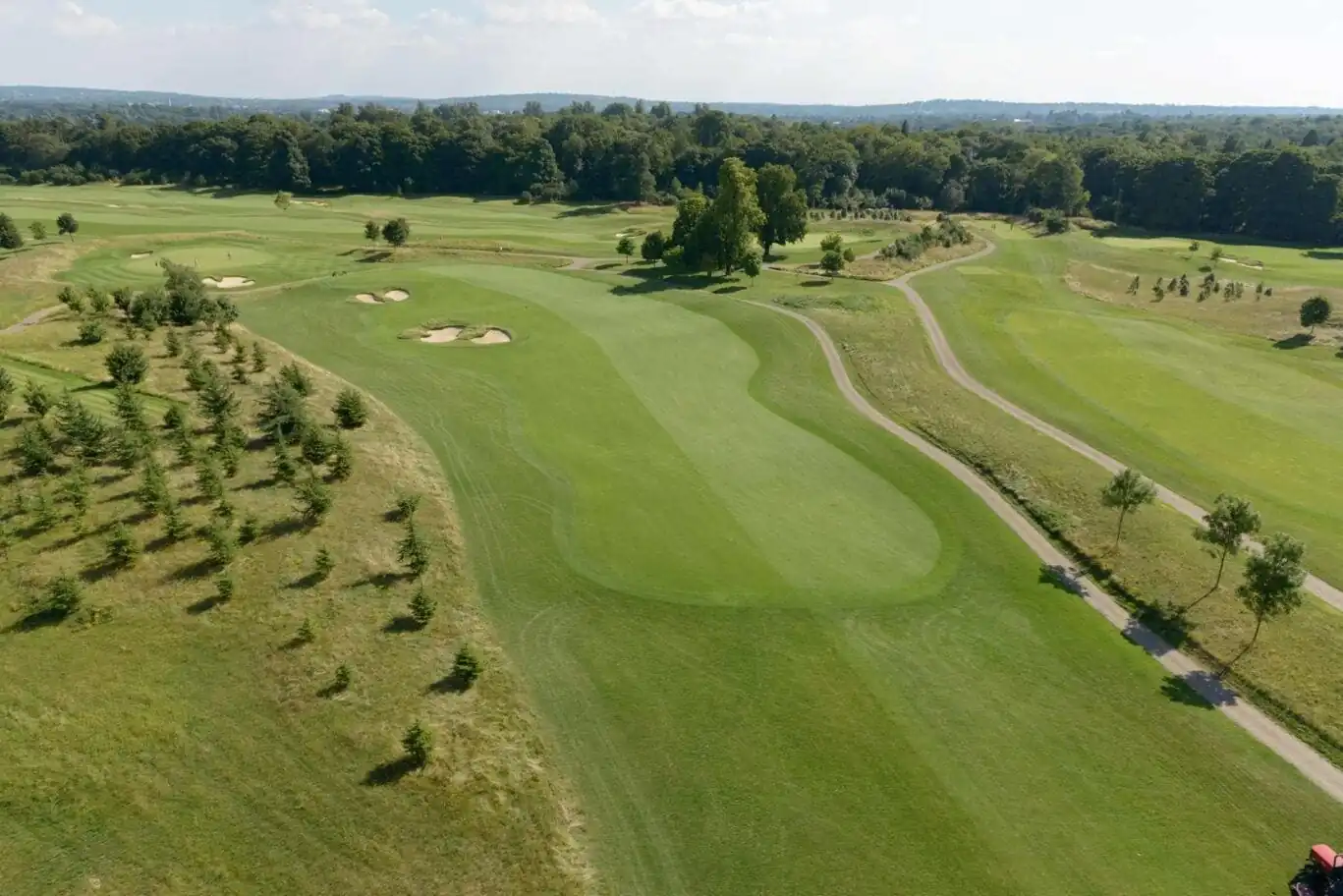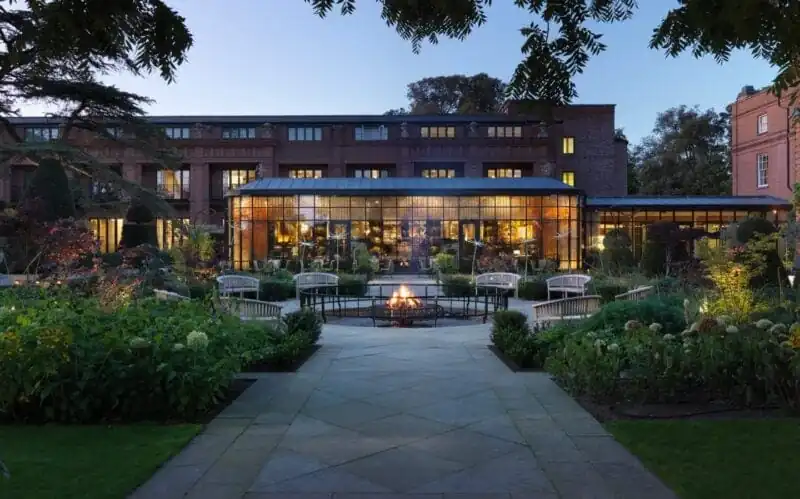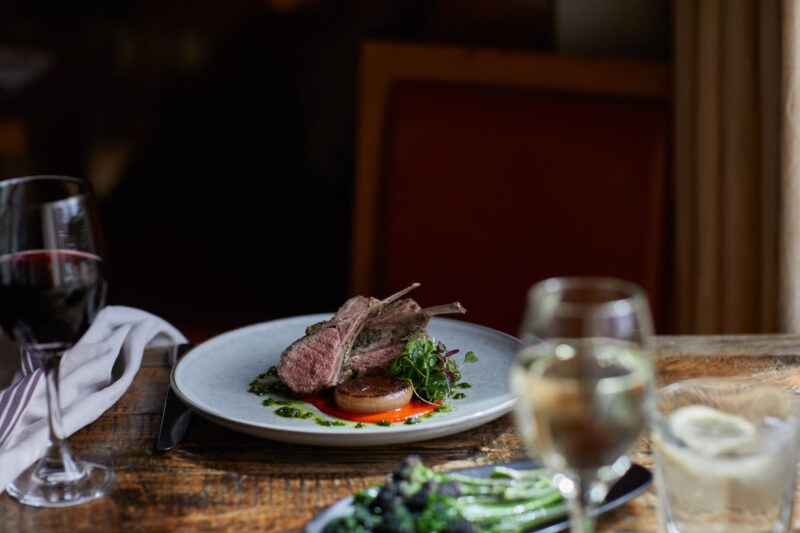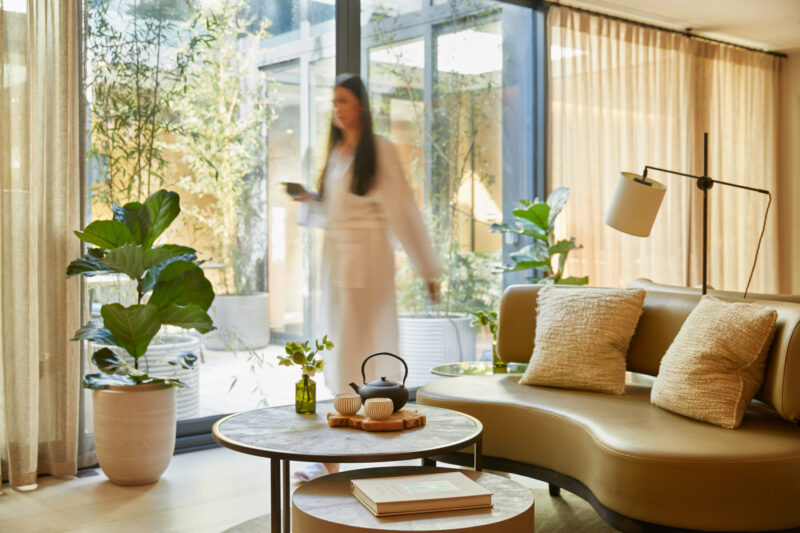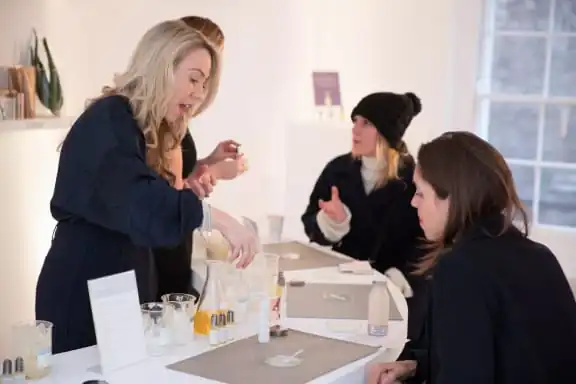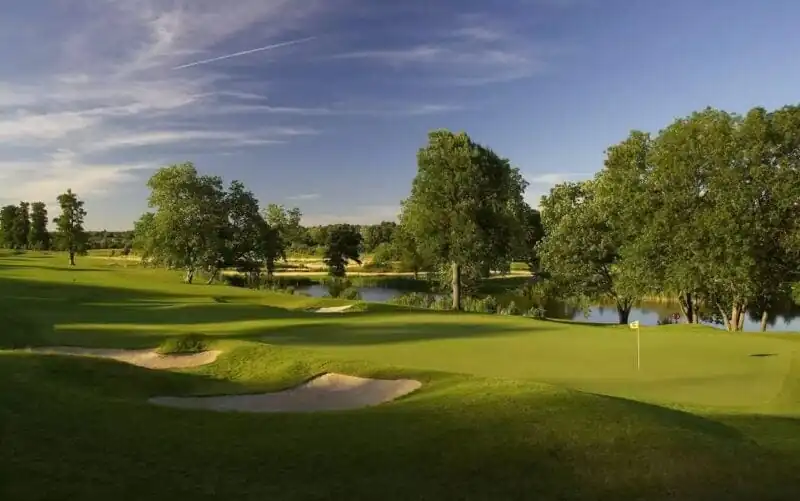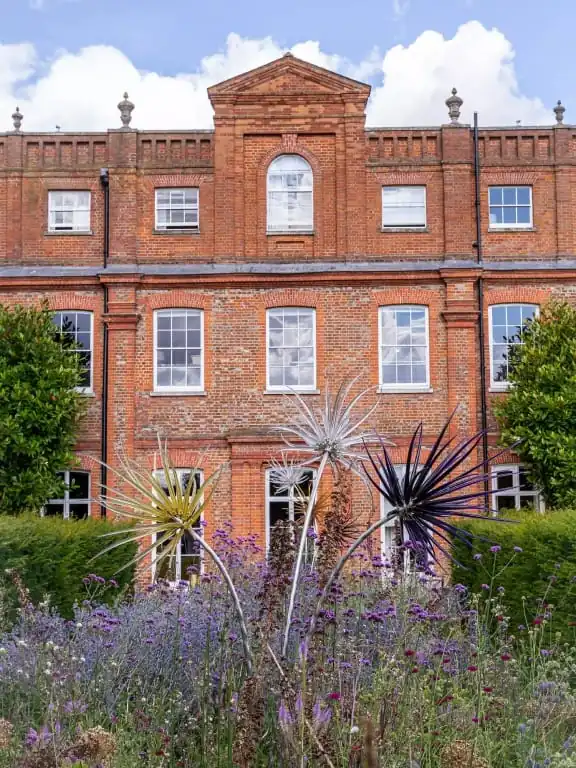The Glasshouse
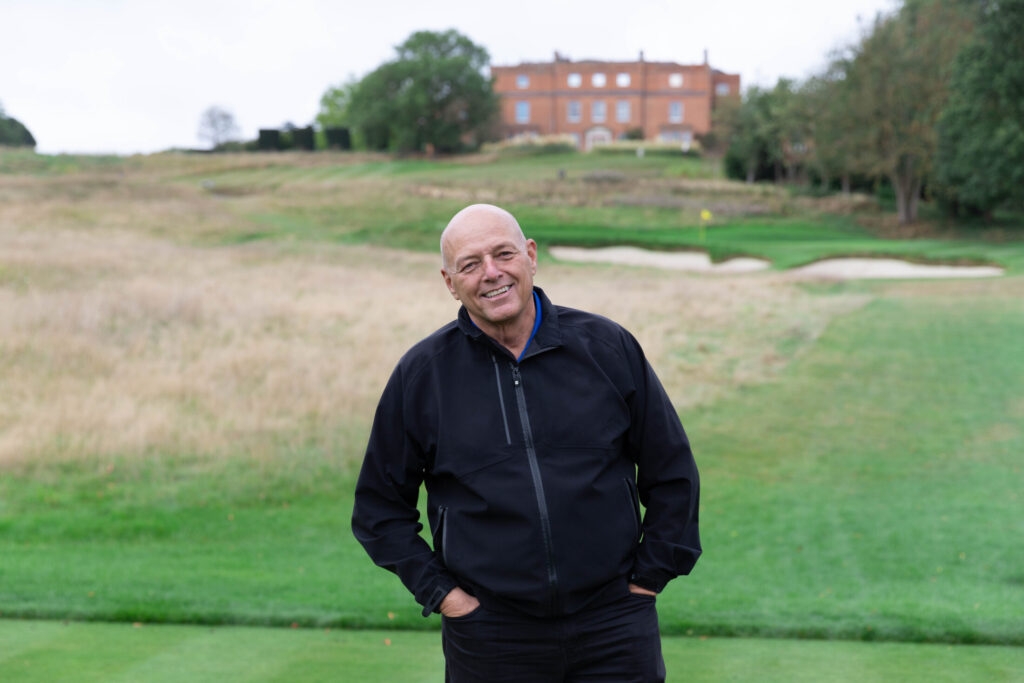
Hi Kyle, as a world-renowned golf course architect, what are the key factors you believe are essential to consider when designing a golf course to make it truly exceptional?
You need to have accessibility to water and good soil, first and foremost. If you have no water, you have nothing, and this is the risk when working in drier climates like in the Middle East. But in the Caribbean, for example, we would desalinate the water and then recycle it so it could be used on the golf course. It’s an efficient process for when there isn’t water typically, or limited water.
Having good soil helps with achieving perfect contours on the golf course. The Grove is a great example of a course with good land, and in terms of contours there were some areas that were a little more dramatic than others, but overall it’s good, with well-draining soil.
Building a world-class golf course is a complex process. Could you walk us through some of the key steps and challenges you faced during the initial construction of the course at The Grove?
There were a lot of constraints and historic preservation issues here. The trees were very significant which caused limitations, despite the fact we had a 300-acre estate and the golf course itself has plenty of room between the holes, which serves us well today.
The ability to get those long runs and to get the scale of what you need for golf was tricky to make it all work around the existing features. I’m always up for a challenge and that was really the challenge. I think from top to bottom, the whole team of consultants and the owners really took that seriously and you see the response today.
You’ve designed golf courses all around the world that have gone on to host high-profile events. So, how proud were you to see The Grove host the WGC American Express in 2006 and British Masters in 2016, both of which received widespread acclaim?
It’s always good to see and I was really happy to see the course hold up. It was realised on all fronts that there was a desire to have the tournaments hosted here, particularly due to the golf course’s great location near London.
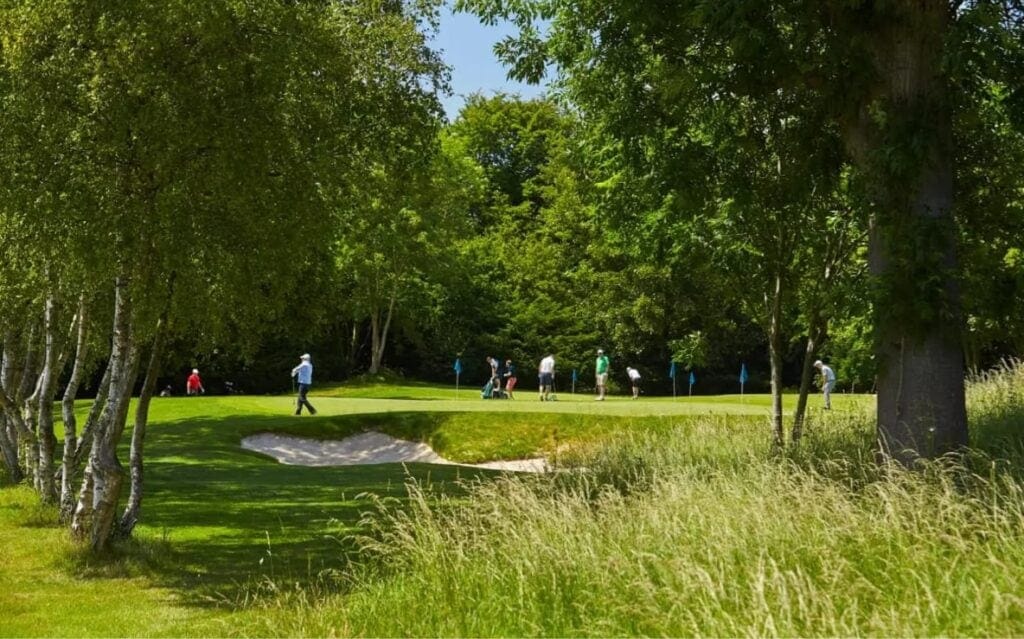
Hosting these types of events often requires specific considerations when designing a course. What makes the layout at The Grove able to accommodate events like the WGC and British Masters?
I think some of the things that are constraints actually work in our favour, for example, on the 18th hole, there’s a gap of land at the back of the hole that provided great staging for players in the events. There are certain trees which create gaps and triangles and different spaces between holes which also works beautifully for tournaments. Even with the natural terrain, you roll down, or in this case, if you’re driving in, you roll down and back up, and you see the estate up on the hill which is a wonderful sight to see as you play. This all just creates natural spectator viewing points without having the right stands.
We also have the ability to bring people in from the back entrance and the front entrance which is handy when you’ve got Ryder-Cup-sized crowds to cater for. The Grove is also right on the doorstep of the M25 and has excellent transport links around the country so is perfectly placed to welcome visitors from all over.
Tiger Woods famously eagled the 18th hole (9th hole on regulation scorecard) in three of his four rounds in 2006 to win his sixth consecutive PGA Tour Strokeplay event – how did you feel at the time when he achieved this?
He was arguably the world’s greatest player at the time and at the peak of his game, so it was fun to watch. It was interesting, when he came out on day one – he was genuinely enthusiastic. He saw something about the golf course and he used the phrase: “it just suits my eye”.
It definitely suited his eye and of course, Ian Poulter was right there, he was in second place, and even though there was a considerable gap when it was all done, you really had the best players, and the best of the best came out on top and that’s what you always like to see.
How do you expect the golf course to develop and evolve over the next 20 years? And are there any future renovations or upgrades you’d like to make to enhance its appeal or attract more high-profile events to the resort?
I think the golf course today, even 20 years after it first opened, still fits The Grove’s market beautifully. Despite the restrictions and preservation issues, I think The Grove team have really made good use of the property and have created a great experience. In terms of improvements, everyone’s hitting the ball just a little bit longer so we could slide in some back tees, or slip a few things back, which is important if we’re trying to get the world’s top players back again.
Take a swing Experience the championship course for yourself
